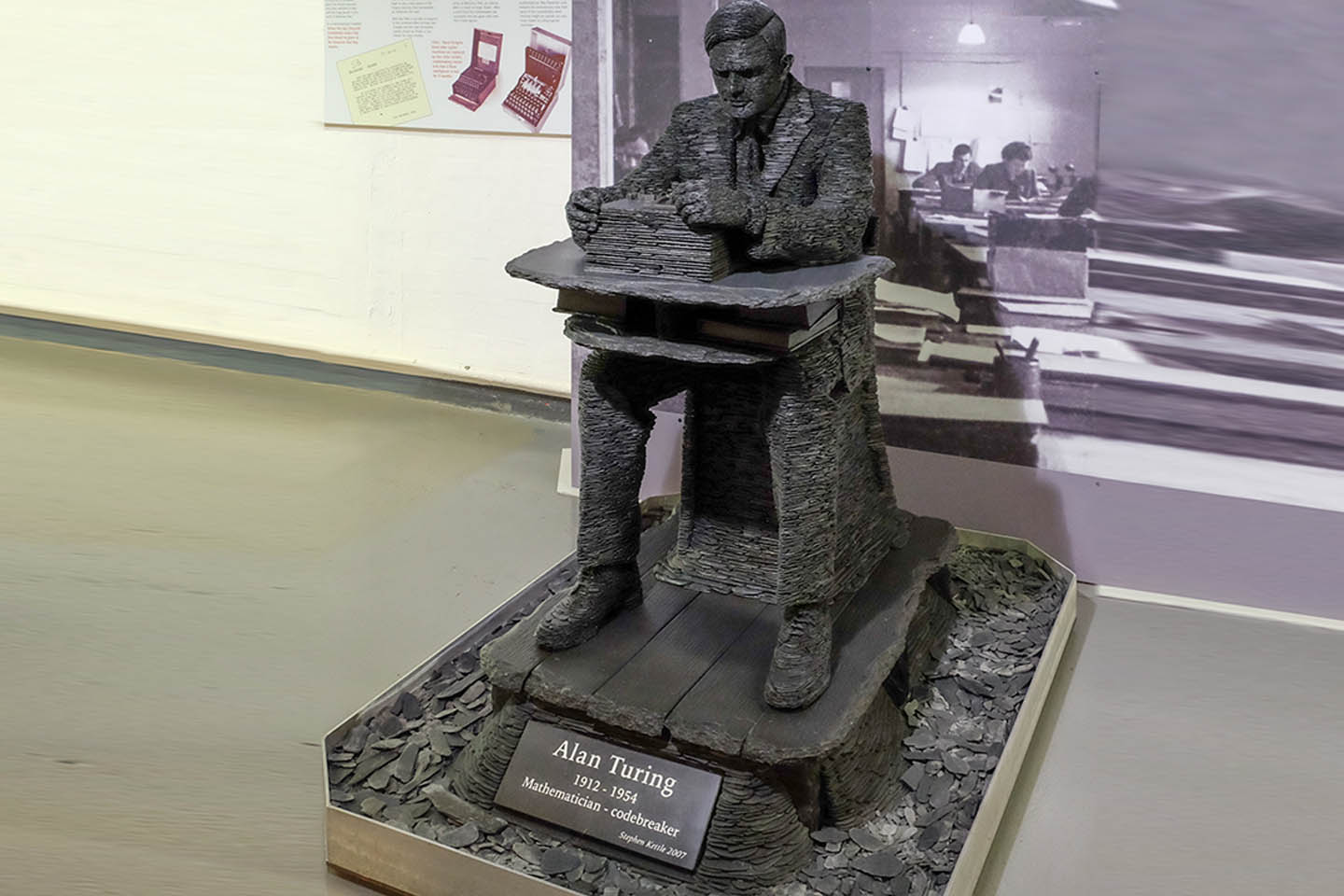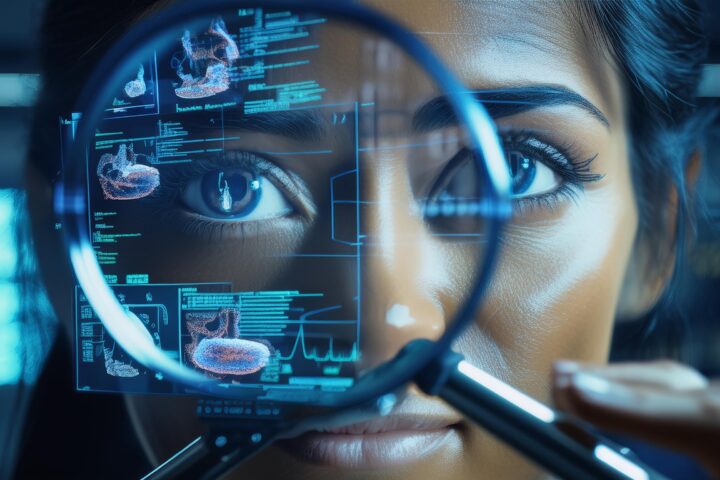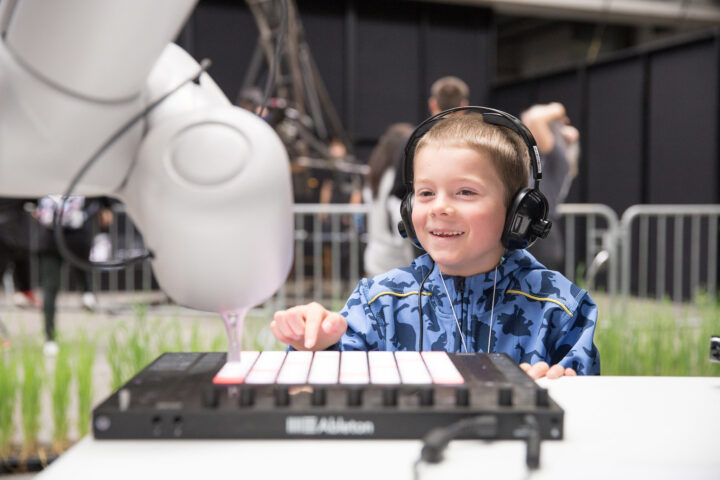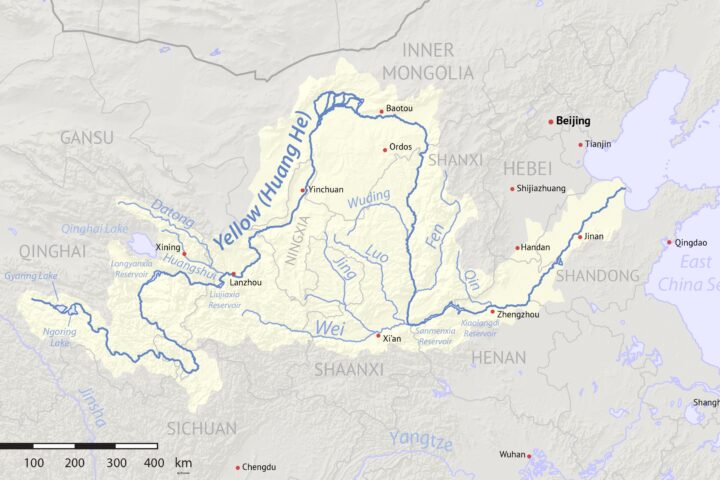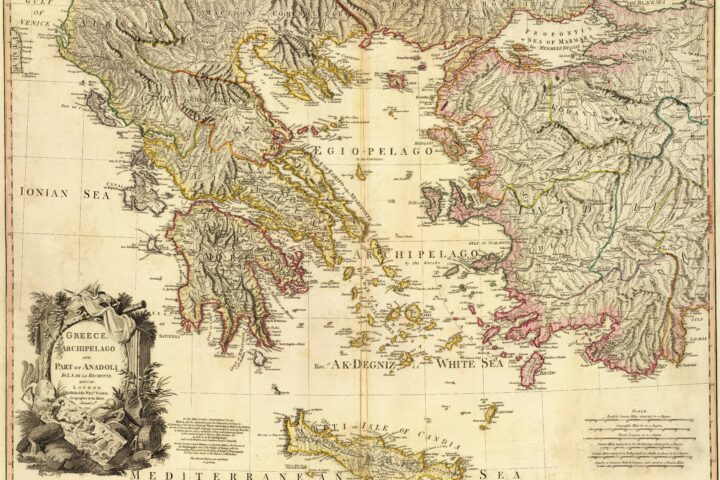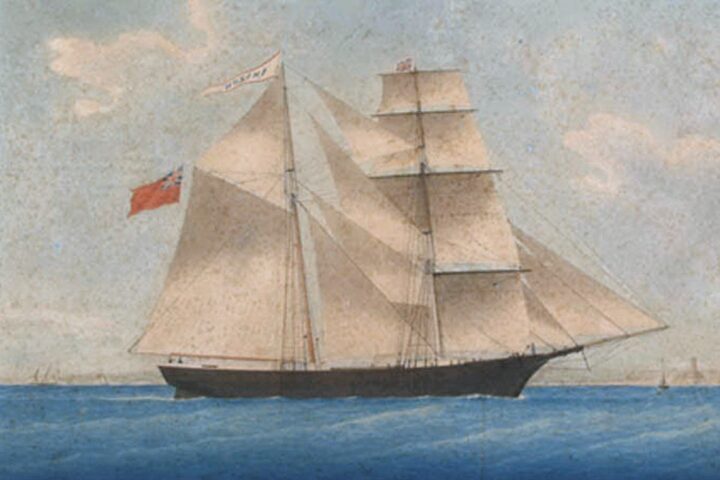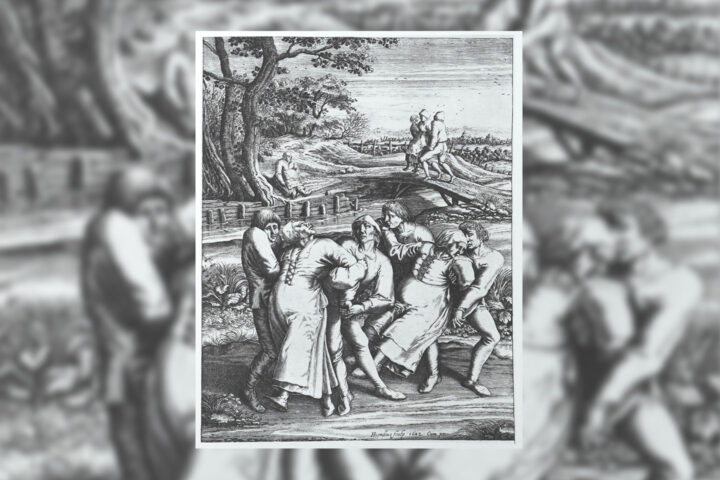Source: Wikimedia_Alan_Turing_by_Stephen_Kettle_2007_By DeFacto – Own work_ CC BY-SA 4.0
Introduction
Alan Turing, the name which has become synonymous with cracking the Enigma code during World War II, left an indelible mark on the history of computer science and artificial intelligence. Whether with respect to the principles of modern computer architecture or providing the base for artificial intelligence, his contribution is enormous and extends further, inspiring a great deal of research and innovation to this date. Besides the work he did on breaking the Enigma code, Turing laid the foundations for theoretical computer science and explored the possibility of creating thinking machines, which is now known as artificial intelligence.
Early Life and Education of Turing
Born in London back in 1912, Alan Turing was something of a child genius who showed much curiosity about mathematics and science. The early education at Sherborne School was marked by much love for learning, particularly problems. Turing’s academic brilliance took him to King’s College, Cambridge, where he did mathematics and came out First Class.
Language: During the Second World War, Turing joined Bletchley Park with GC&CS in its ultra-secret code-breaking center. He was asked to join in the effort at decoding the Enigma machine, a German cipher system for military messages. The Enigma was then considered to be all but unbreakable, but there the ingenuity and mathematical genius of Turing had something to say.
They also, while at Bletchley Park, developed a machine called the Bombe that could go through the Enigma settings in a systematic manner to infer the appropriate solution. The Bombe was an important innovation in codebreaking, and was one of the factors contributing to the Allied victory during World War II.
Turing’s Contribution to Theoretical Computer Science
As important as this work on the Enigma code, and related work on other cryptographic systems, is considered to have been, Turing also made immense contributions to the field of theoretical computer science. In his 1936 paper, “On Computable Numbers, with an Application to the Entscheidungsproblem,” Turing introduced the idea of the Turing machine, which is a theoretical model of computation that can carry out any calculation which can be performed by following a procedure made up of a set of rules. The Turing machine is the basic building block of modern computers and is often claimed to be an early exploration in the field of Artificial Intelligence. It is Turing’s work on the Turing machine that was crucial for the founding of computer science and for providing a framework in which to understand the limits of computation. Today, his insights into the nature of computation remain highly relevant. Indeed, his work has had an enormous influence on the development of computer technology.
Turing’s Vision of Artificial Intelligence
He was also interested in the possibility of developing thinking machines or artificial intelligence. In his 1950 paper, “Computing Machinery and Intelligence,” Turing proposed the “imitation game,” a thought experiment in which a human judge must distinguish between a human and a machine that is able to simulate human conversation. Turing argued that if a machine could fool a human judge into believing that it was human, then it could be considered intelligent.
The imitation game, as it came to be known, developed by Turing has perhaps become the best-known benchmark in the measurements of artificial intelligence. The limitations of the Turing test have made it a subject of much criticism, yet it remains important in research for philosophical and ethical ramifications arising from artificial intelligence.
Turing’s Sad Demise and Legacy
In 1954, when his sexual preference was found to be homosexual-a criminal act then in Britain-Turing’s life was tragically cut short. He was sentenced to chemical castration and died by suicide a year later.
Apart from his melancholic and premature death, his legacy works to inspire various minds worldwide to research and innovate. His contribution to the field of computer science and artificial intelligence impacts deeply on our society and changes many faces through innumerable technological development. Turing was a visionary mind that dared to think over the possibilities of artificial intelligence and his work continues to shape the future of our world.
Turing’s Legacy and AI of the Future
The pioneering undertakings of Alan Turing have set an indelible mark within the paradigm of artificial intelligence. As a result, his contributions have set the cornerstone for the theoretical perspective of computer science, cryptography, and the study of machine intelligence, all of which provide the foundation upon which modern AI technologies are developed to transform our world. As AI continues to grow at a very fast rate, it will be highly important to reflect upon the legacy of Alan Turing for the consequences which his undertakings will engender to humanity in the future.
Turing’s Influence on Modern Computing
Turing’s concept of the Turing machine deeply influenced the development in modern computing. The Turing machine is an ideal model of computation that can carry out any calculation that can be described by a set of rules. It has facilitated finding the boundary of computation, and it has been extremely helpful in the design and development of practical computers.
The prevalence of computers throughout today’s daily life is essentially a testimonial of Turing’s legacy. The smartphones we use to communicate, the supercomputers we run programs on, and all other devices for entertainment have roots in principles of computation laid down by him.
Turing’s Vision of AI
The ideas of artificial intelligence proposed by Turing far preceded his time. In his 1950 paper “Computing Machinery and Intelligence,” Turing made a thought experiment he called the “imitation game” in which a human judge should be, in a way, able to tell the difference between a human being and a machine capable of simulating human conversation. The argument goes further, with Turing saying that if that machine were to successfully make a human judge believe it was human through conversation, it was then said to be intelligent.
Over time, the imitation game itself turned into a well-recognized benchmark referring to artificial intelligence in general. Though the Turing test has been subject to criticism, it still remains one of the most valuable tools for the investigation of philosophical and ethical consequences of artificial intelligence.
Rise of AI in the 21st Century
With machine learning, deep learning, and most importantly big data, AI has gained momentum in recent times. Applications vary from natural language processing and computer vision to robotics and autonomous vehicles, all with the power of AI technologies.
Recently, we have seen deep learning, a variant of machine learning in which neural networks are trained on huge amounts of data, as one of the greatest breakthroughs in AI. Deep learning has ushered in a new field of capabilities for AI in which systems are driven to a level higher than human performance for many tasks, including image recognition, speech recognition, and natural language translation.
The Ethical Implications of AI
With AI increasing all the time, its development and deployment raise some deep ethical questions that should be considered. Some concerns are with its potential use in harmful applications such as surveillance or discrimination and with autonomous weapons.
It is relevant to discuss the issues of job displacement, as the AI technologies are well positioned to automate many functions now done by humans. The fact that it can create new jobs does not stop the technology from pilfering jobs within some realms.
Ethical guidelines and regulations are to be instituted to make sure that the development and usage of AI are done responsibly. Guidelines such as privacy, transparency, and accountability are some of the issues that need to be addressed.
The Future of AI
And while none can determine with complete certainty what the AI future truly holds, one thing seems sure: we can expect AI technologies to integrate more and more deeply into our lives. But as AI technologies further advance, so do significant consequences on society, the economy, and the environment.
Artificial General Intelligence is the development of AI systems that can perform any intellectual task that a human performs. One of the most exciting areas in AI research, it is still a distant goal, though one that cannot be ruled out.
If ever realized, AGI may have its shares of positive and negative impacts. For example, it is supposed that AGI may be employed in solving some of the pressing world problems like climate change, poverty, and disease. It may also pose a threat to human life in case it is not developed and put to work in a responsible manner.
Turing’s Legacy
The legacy of Alan Turing is that it serves to inspire a lot of researchers and innovators around the globe.
With his research in computer science and artificial intelligence, he set a base upon which many innovative technologies are created to change the fabric of our society. As we move forward with AI research, it is pertinent to look back in time and to refer to Turing’s vision of a future where machines could actually think and reason. But building on Turing’s work, we can create a future where AI will be utilized in the service of all humanity.
Sources:
- https://www.britannica.com/biography/Alan-Turing/Computer-designer
- https://www.linkedin.com/pulse/alan-turing-father-modern-computing-ai-enigma-code-breaker-singh
- https://www.alanturing.net/turing_archive/pages/Reference%20Articles/codebreaker.html
- https://www.iwm.org.uk/history/how-alan-turing-cracked-the-enigma-code

